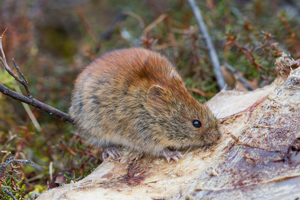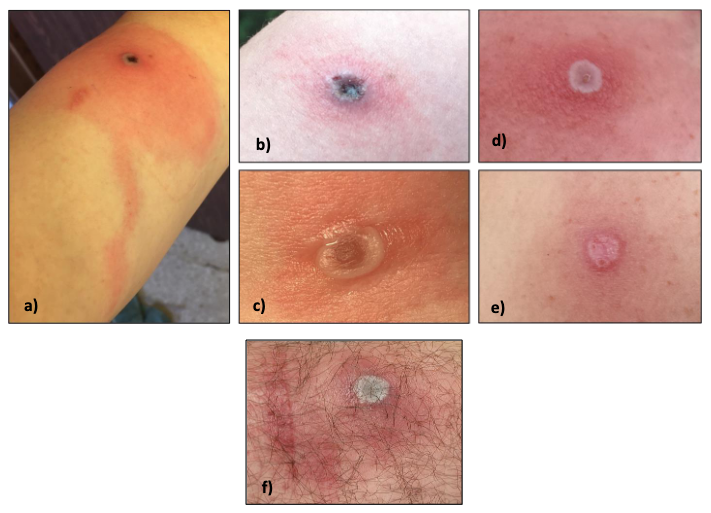First death from recently discovered Alaskapox virus reported

The Northern Red-Backed Vole, found throughout Alaska, is one species that has shown evidence of having Alaskapox virus. | PHOTO: Alaska Department of Health’s website / health.alaska.gov
ANCHORAGE, Alaska — An elderly man has died from Alaskapox, the first known fatality from the recently discovered virus, state health officials said.
The man, who lived in the remote Kenai Peninsula, was hospitalized last November and died in late January, according to a bulletin last week from Alaska public health officials.
The man was undergoing cancer treatment and had a suppressed immune system because of the drugs, which may have contributed to the severity of his illness, the bulletin said. It described him as elderly but didn’t provide his age.
READ: Severe form of mpox identified in advanced HIV cases–study
Alaskapox, also known as AKPV, is related to smallpox, cowpox and mpox, health officials said. Symptoms can include a rash, swollen lymph nodes and joint or muscle pain.
Article continues after this advertisementOnly six other cases of the virus have been reported to Alaska health officials since the first one in 2015. All involved people were living in the Fairbanks area, more than 300 miles (483 kilometers) from the Kenai Peninsula, health officials said.
Article continues after this advertisementAll had mild cases and recovered without being hospitalized.
The man who died “resided alone in a forested area and reported no recent travel and no close contacts with recent travel, illness, or similar lesions,” the health bulletin said.
READ: Enhanced smallpox vaccine found effective against coronavirus
It’s unclear how AKPV is transmitted but researchers say it may be zoonotic, meaning it can jump from animals to humans. The bulletin said that tests found evidence of current or previous infection in several species of small mammals in the Fairbanks area, including red-backed voles, and at least one domestic pet.
The man said he had cared for a stray cat at his home, the bulletin said.
The cat tested negative for the virus but it “regularly hunted small mammals and frequently scratched the patient,” the bulletin said.
That opens the possibility that the cat had the virus on its claws when it scratched him. The bulletin said a “notable” scratch near the armpit area where the first symptom — a red lesion — was noted.
Health officials said there hasn’t been any documented cases of humans passing on the virus but they recommended people with skin lesions possibly caused by Alaskapox to cover the affected area with a bandage.”

a): An Alaskapox lesion about 10 days after symptom onset. b): Close-up of same lesion (a) about 12 days after symptom onset. c): An Alaskapox lesion about 5 days after symptom onset; the lesion was about 1.2 cm across. d): An Alaskapox lesion about 5 days after symptom onset; this lesion was about 1 cm across. e): The same lesion as above (d), about 4 weeks after symptom onset. f): An Alaskapox lesion around the reported symptom onset date. | PHOTO: Alaska Department of Health’s official website / health.alaska.gov
Other suggestions are thoroughly washing hands, avoid sharing clothing that might have touched the lesions and to launder clothing and sheets separately from other household items.
Health authorities also urged Alaskans to follow federal health precautions when around wildlife to avoid potential Alaskapox infections.
The U.S. Centers for Disease Control and Prevention recommends washing hands with soap and water after contacting wild animals or their feces. Hunters should always wear gloves when handling dead animals, even if they are freshly killed, the agency suggests.